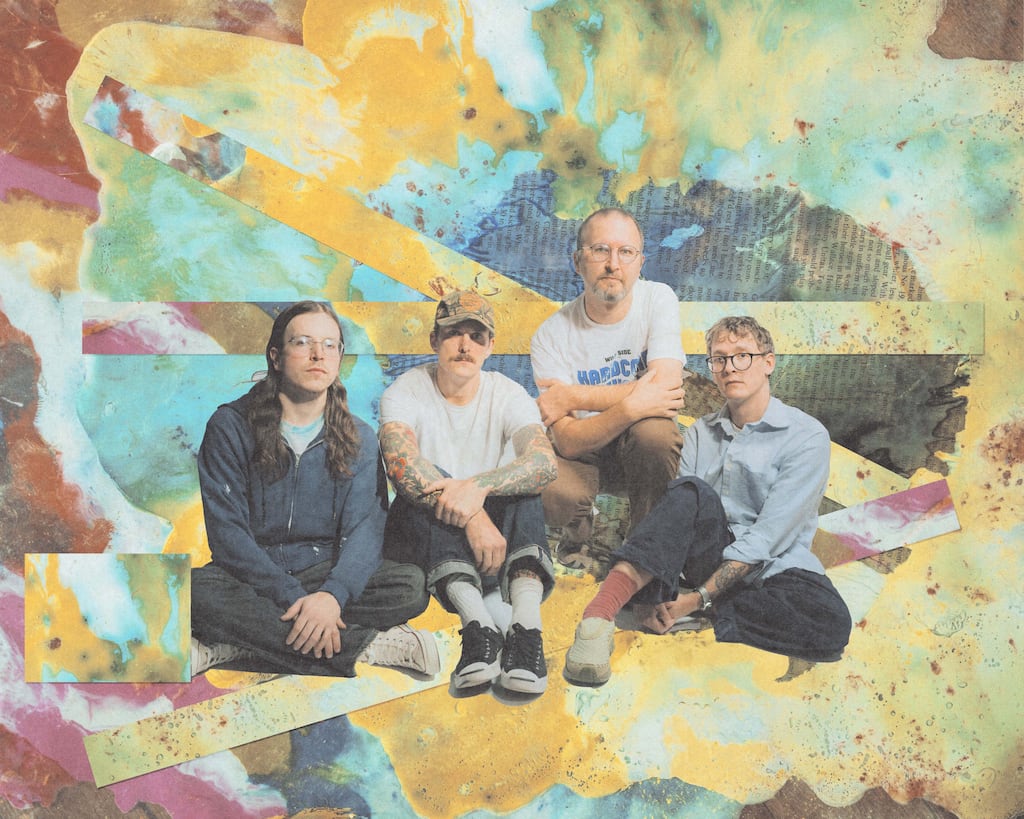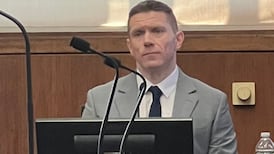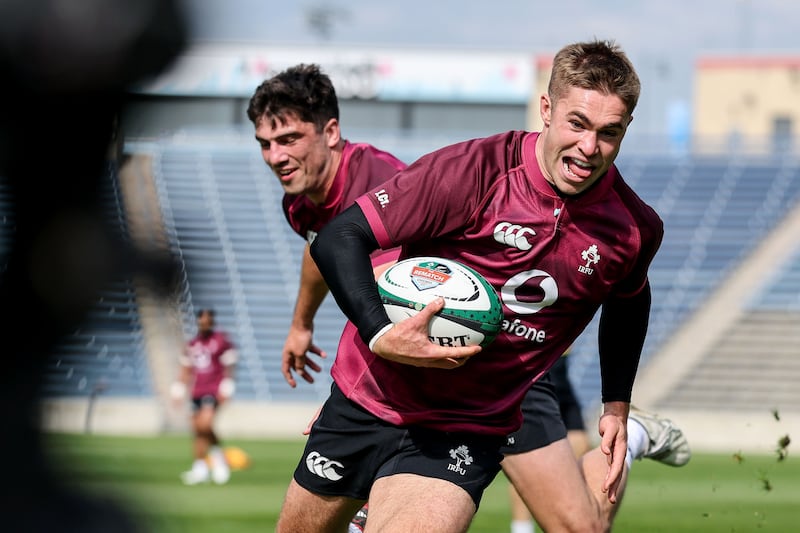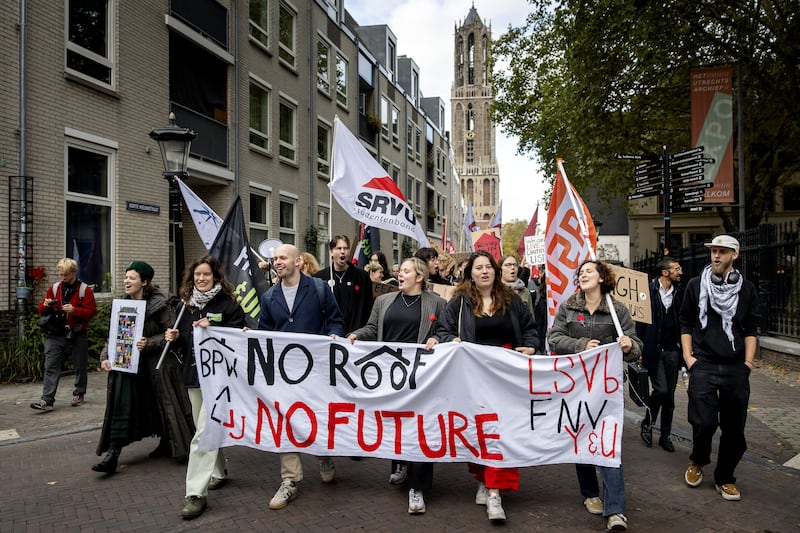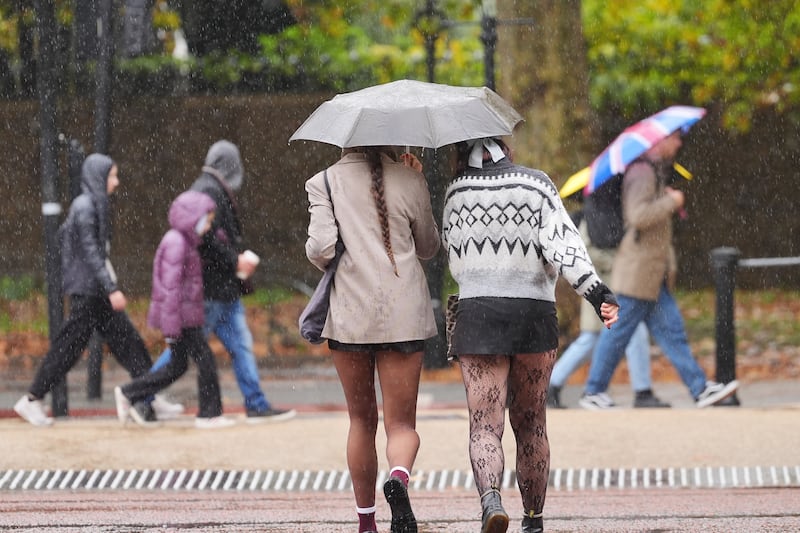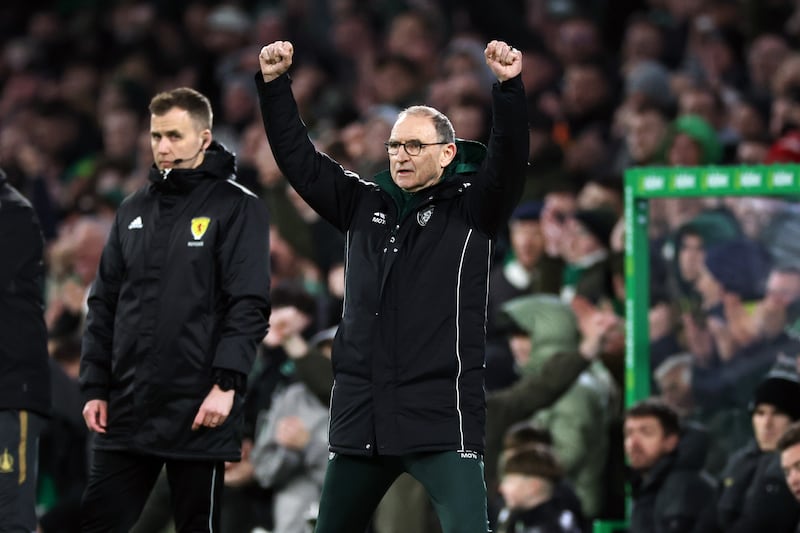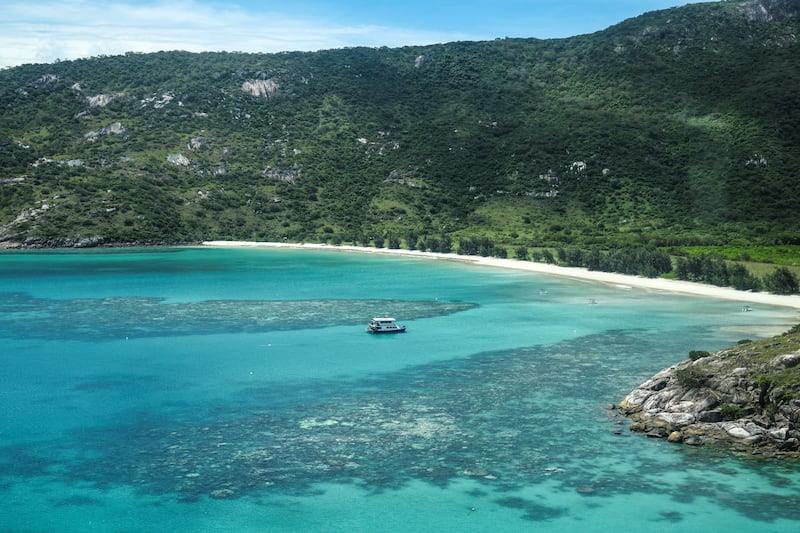The past year has been a defining chapter in the life of Will Anderson, lead singer with rising indie rock band Hotline TNT. In June, the New York group released a critically lauded third album, Raspberry Moon – a blast of retro indie goodness that joined the dots between My Bloody Valentine and Nirvana. Eight weeks later, Anderson announced he was taking Hotline TNT off Spotify – a step many in the higher echelons of the music industry will assure you is full-on career self-sabotage. With the dust having settled, Anderson has no regrets.
“Spotify is a bit worse than all the other services, in my opinion. Which is why we took our music off there,” says the quietly-spoken singer. He feels streaming is generally a negative for music, but acknowledges that it is part of the new reality we all live in. To paraphrase Cher, you can’t turn back time. You can, however, boycott corporations that you believe have a malignant influence on your art.
“I still stream music myself. I’m walking around town, I have music in my AirPods, and it’s great. It’s very convenient. It is what it is: that’s the world we’re in now. But I think not participating in” Spotify “is a good thing to do.”
His reasons for pulling the plug are simple – Spotify is bad – and complex. The general assumption is that Hotline TNT exited Spotify because of its founder, Daniel Ek, and his connection to the German AI defence company Helsing (of which he is chair). There are also, of course, widespread misgivings about Spotify’s refusal to ban music made with AI and the perennial chestnut of its royalty rates – paltry compared even with other streamers (100,000 plays on the service will net an artist a whopping €300).
READ MORE
“Everyone points to the Helsing thing. That was not the tipping point for us,” says Anderson, though he acknowledges it was a line in the sand for other artists. “It was a flash point for a lot of bands to get their music off there, which we were excited about. We want to make it as loud as possible: we’re off the service, and you should be too.”
Hotline TNT are not alone in boycotting the biggest music streamer – Massive Attack and Deerhoof have done likewise. It is notable, however, that many politically vocal Irish artists have not. They may be willing to speak truth to power but not to Spotify.
The unspoken fear is that leaving Spotify means becoming invisible. But, this myth is debunked by the ongoing success of Hotline TNT. They have continued to win new fans with their dreamlike alternative pop, proving that having a profile is not solely dependent on a streaming platform. Their upcoming show at Dublin’s Workman’s Cellar on Tuesday, November 11th, is a testament to their thriving career post-Spotify.
“It’s a myth that Spotify loves to perpetuate that they are the ones who solve the problems of how we can find music,” says Anderson. “Music was alive and well for many, many years before Spotify came around and will continue after they’re gone – which they will be.”
With their hazy guitars and Anderson’s free-floating vocals, Hotline TNT have been heralded as leading a revival in shoegaze. This ethereal 1990s genre counts Irish-UK quartet My Bloody Valentine among its original guiding lights. Over Zoom from his apartment in New York, Anderson speaks with awe of MBV, established in Dublin in 1983 by former Coláiste Eoin, Booterstown student Kevin Shields.

“Hüsker Dü is number one [as an influence],” says Anderson, referring to the 1980s hard-core trio that would influence Nirvana and Pixies. “But My Bloody Valentine is right nipping at their heels. They’re the most influential band to me. Loveless [MBV’s classic 1991 release] is an album that, no matter how many times I listen to it, never, ever gets old. I can put it on right now and remember how I felt the first time I heard it. It’s still interesting, and it still blows my mind.”
However, Anderson isn’t particularly fond of the “shoegaze” label when it comes to his band. Hotline TNT are more than the second coming of MBV or similar shoegazers such as Slowdive or Chapterhouse.
Their sound is a blend of influences, and Anderson’s reluctance to be pigeonholed adds mystery and excitement to songs such as the ferocious Julia’s War and the gloriously chugging Letter To Heaven. Despite this, Rolling Stone hailed Raspberry Moon as “a trip to shoegaze heaven” and Pitchfork described Hotline TNT as “shoegazers swinging for the rafters ... with a newly realised arena rock gleam”.’
“It’s just like how indie rock has lost all meaning over the year. Shoegaze is kind of the new indie rock,” he says. “It’s anything loud with distorted guitars – somewhat pretty and not aggressive.”
Anderson was born in Chippewa Falls, Wisconsin – not far from Bon Iver singer Justin Vernon’s hometown of Eau Claire – and spent his teens and 20s playing in bands. Before Hotline TNT, he lived in Vancouver for several years, where he was one half of the duo Weed. But after that project petered out, he felt it was time to take on a day job, and so he studied for a Master’s in Education to become a guidance counsellor. He continued playing on the side, though, and in 2018 established Hotline TNT – with the idea that he would be the sole consistent member, joined by a rotating line-up of guests.
The band created a splash from the outset. That was partly a reflection of their effervescent songs – but also because Anderson released their 2021 debut, Nineteen In Love, exclusively on YouTube. Halfway between a stunt and a commentary on how music is distributed and consumed today, it brought them to the attention of Jack White’s Third Man Records, which released their second LP, Cartwheel, in 2023 and which, as an artist-driven label, is fully behind their boycott of Spotify. Such achievements have been driven by a strong work ethic and punishing live performance schedule – during an early tour, Anderson played several shows despite being diagnosed with meningitis.
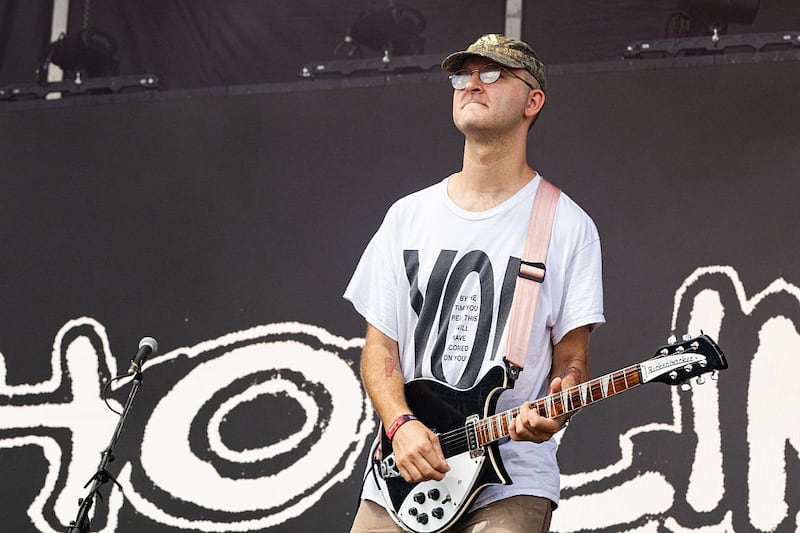
“It was hard,” he says. “I don’t think the thought ever crossed my mind of actually cancelling the tour. There were two shows where I went to the hospital, and we couldn’t play. Other than that, there are too many people relying on me that I felt I had to soldier on. When I went to the doctors, they said, you know, there’s nothing to do except to rest. There’s nothing else I could do. So we tried to, as much as I could, kept it going.”
At a time when the live music industry is defined by greed and squeezing punters until the pop – cough, Oasis, etc – Hotline TNT are part of that small but important minority of acts that believe in making shows accessible to their audience. Anderson thinks a lot about ticket prices and how much people can or cannot afford in the current economic climate (though he clarifies that he is talking specifically about the US). He understands that people have only so much spare cash – their time is precious, but so, too, is their disposable income.
“Everything’s getting more expensive; it’s something that we have to deal with. I’m going to talk about it mostly from the American perspective, because I’m here, and that’s what I see happening. It’s like, we’re touring, and everyone’s touring right now,” he says.
“We’re touring at the same time as bands like Alex G, MJ Lenderman and Turnstile. The economy here isn’t super awesome right now for a lot of people. People are losing their jobs. The rent is going, and it’s like, okay, if I want to see a really banging show, I have, say, 100 bucks for my entertainment budget. Am I gonna go see one Turnstile show – or am I going to see Hotline plus, say, Alex G? Decisions like that gets harder and harder as the industry is getting older – it’s weird.”
Hotline TNT play Workman’s Cellar, Dublin, on November 11th
